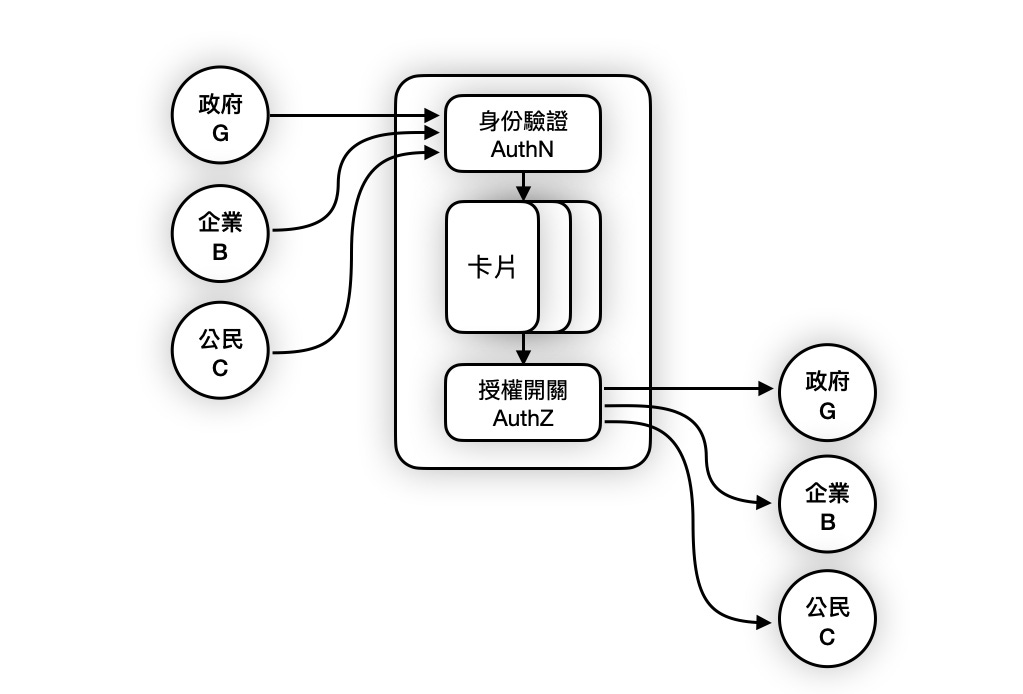Hi frens,
The Ministry of Digital Affairs (MODA) in Taiwan, has unveiled plans to promote the Digital Identity Wallet (DIW) standard, based on the W3C Decentralized Identifier (DID) and public-key cryptography.
It takes such a long time for public-key cryptography to benefit our daily life in more ways. We have secure encrypted connections (ex. HTTPS) everywhere, not just e-commerce. We have more instant messaging apps with end-to-end encryption by default. We have web3 crypto wallets, which is already passwordless. Now it’s finally time for digital identities.
We’re already familiar with some digital identities technology, like traditional bank IC card. Why can’t we simply integrate our IC card into our phone? Or just like web3 cold wallets, with secure wireless connection? That’s for technical part.
We’re seeing websites asking for phone number or even ID card photocopy for human verification of identity. Why should we submit our unique personal information everywhere to verify ourselves, rather than the government issuing a certificate with a random identifier for verification? We have seen Sign in with Apple or email services generating random addresses, for similar purposes. We should go further, and that’s for privacy part.
Standardization or building a great product doesn’t guarantee mass adoption. It requires efforts, collaboration, and possibly luck:
...it seems to take a very unique combination of technology, talent, business and marketing and luck to make significant change in our industry. It hasn’t happened that often.
(from Steve Jobs in 1994: The Rolling Stone Interview)
There’s a comment on Pretty Good Privacy (PGP), promoting end-to-end encryption for email:
PGP wanted to put cryptographic keys into everyone's hands so we can actually do signed and encrypted email for decades, it largely failed, but then we got cryptocurrency and suddenly millions of people have keys publicly associated to them, and we can start using those keys for other purposes - including going full circle back to encrypted email and messaging.
(from Vitalik Buterin, Make Ethereum Cypherpunk Again)
Nowadays, web3 crypto wallets aren’t extensively adopted for email usage. Providers like Skiff face competition from established services like Proton.
What’s the biggest challenge for Digital Identity Wallet (DIW)? Undoubtedly, expanding its use cases and ensuring seamless experiences.
I used to have a Citizen Digital Certificate (自然人憑證) that I only needed once a year for filing taxes online. Now, all we require is a mobile phone number.
We need strong reasons to adopt new technology. This is just the beginning.
Your friend,
Denken
P.S. Read more here:






Given the government’s history of data breaches, can the use of digital identity cards prevent further leakage issues?